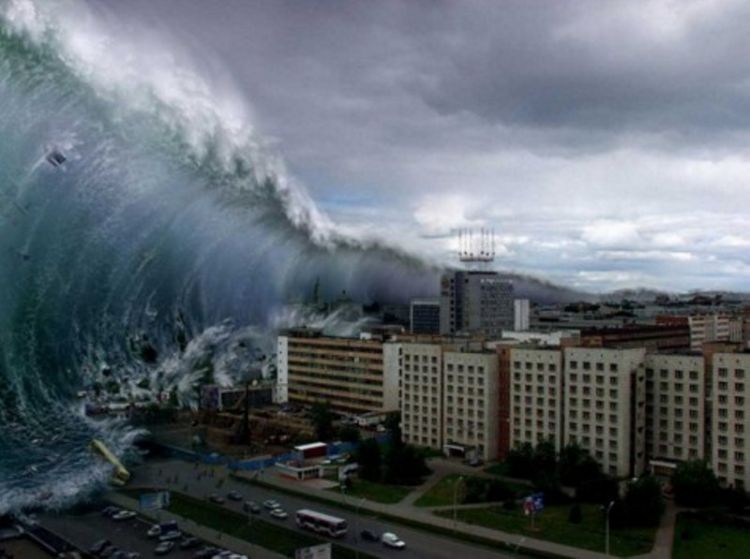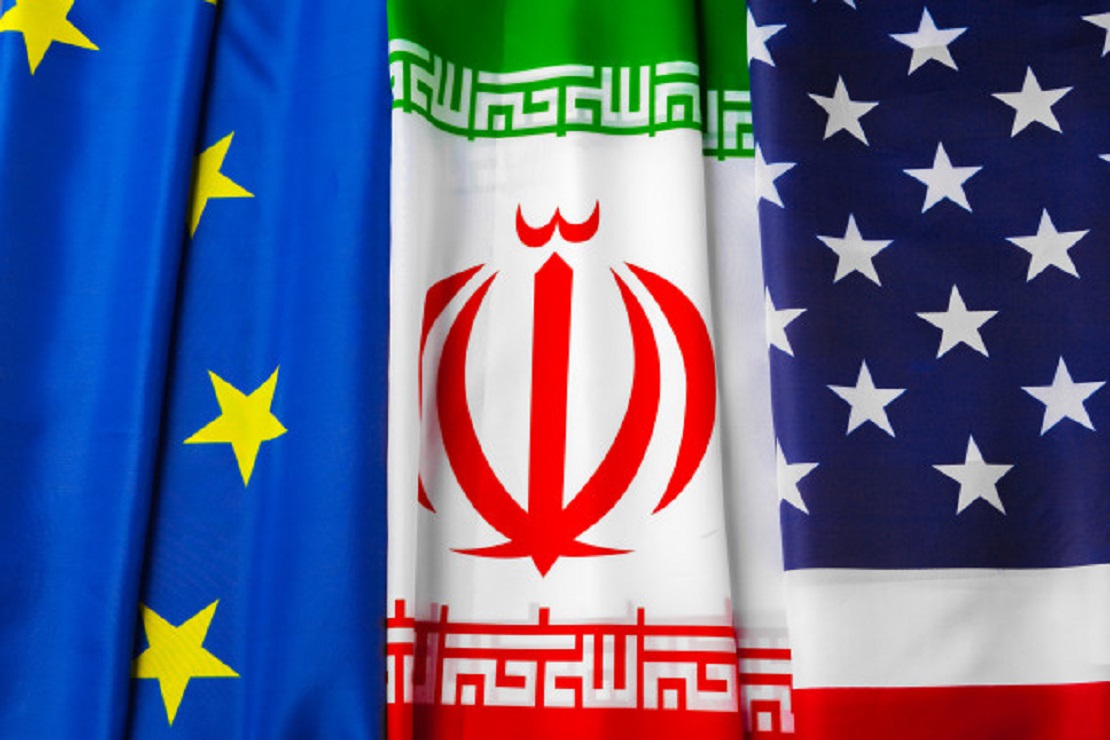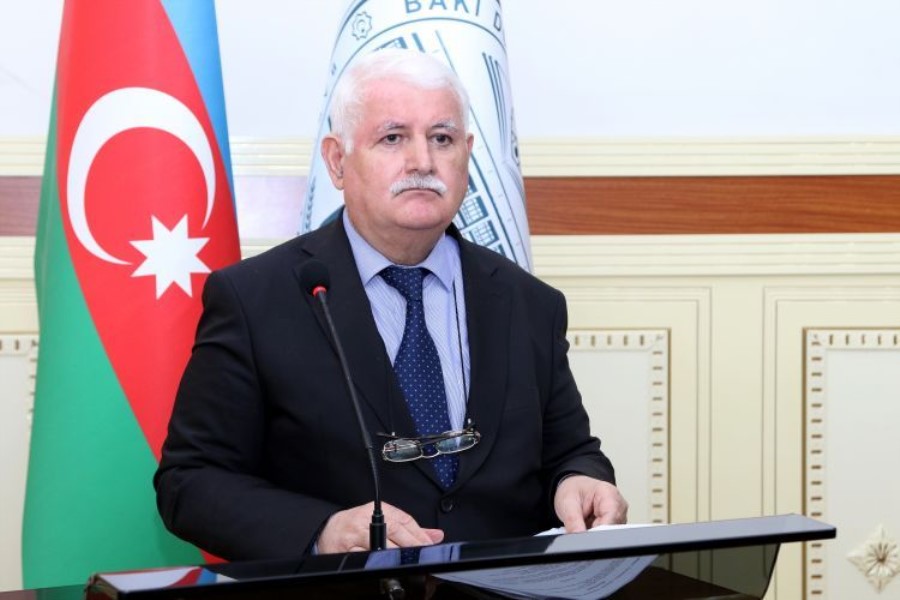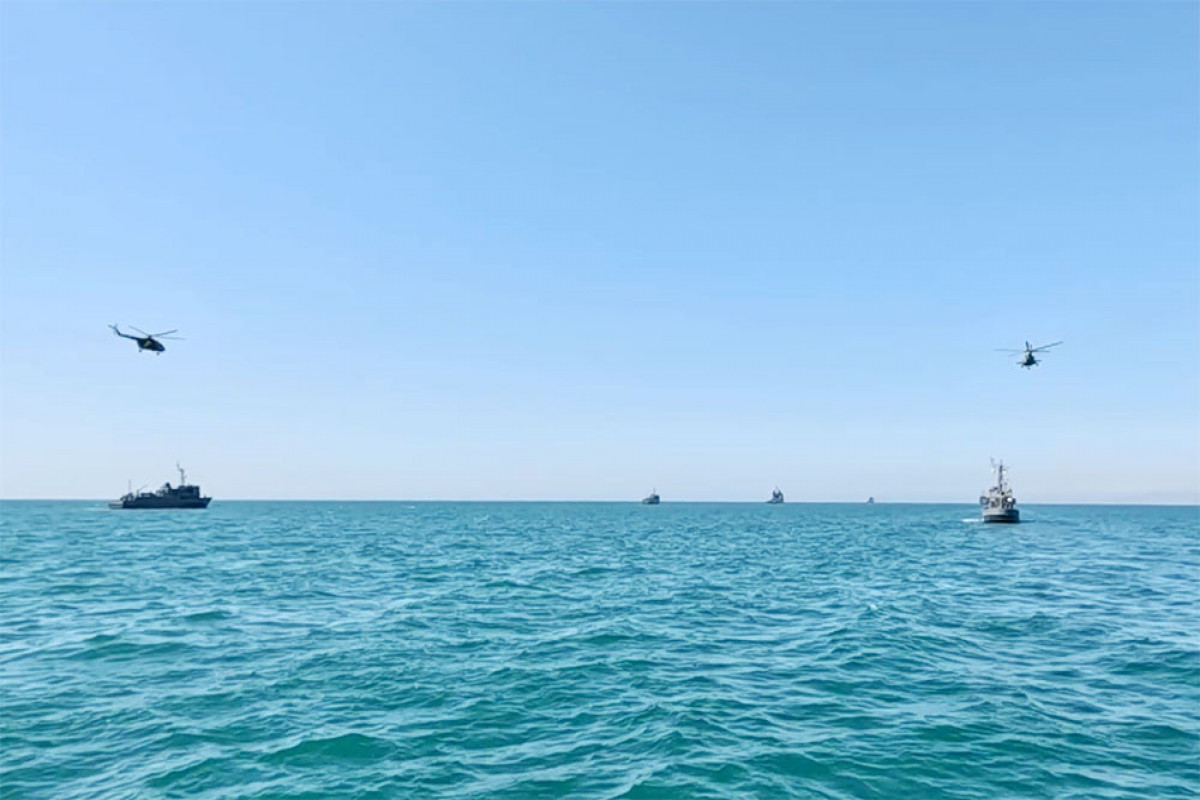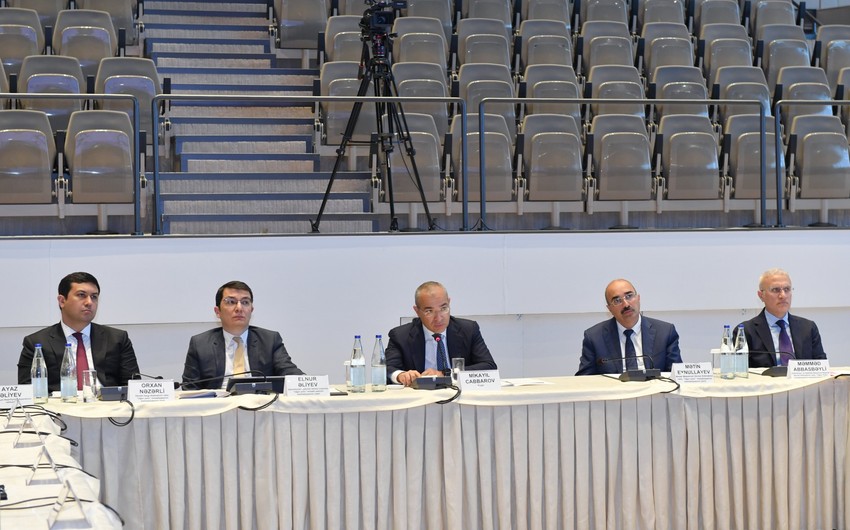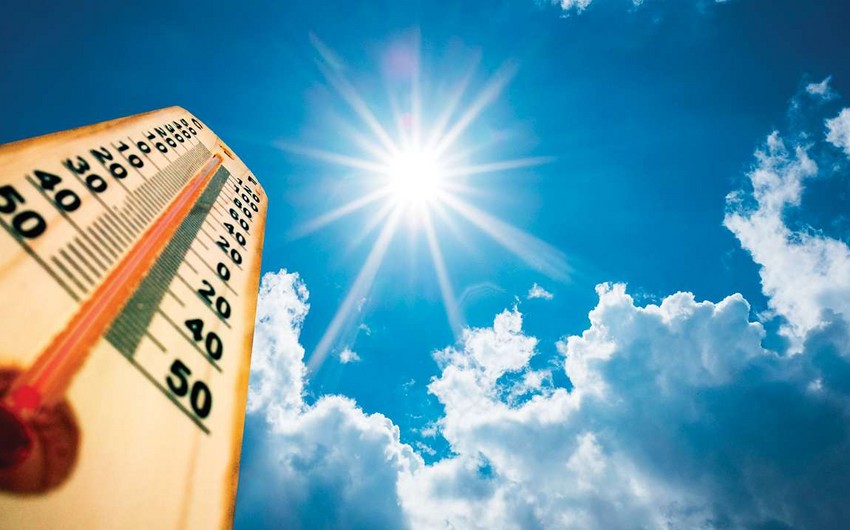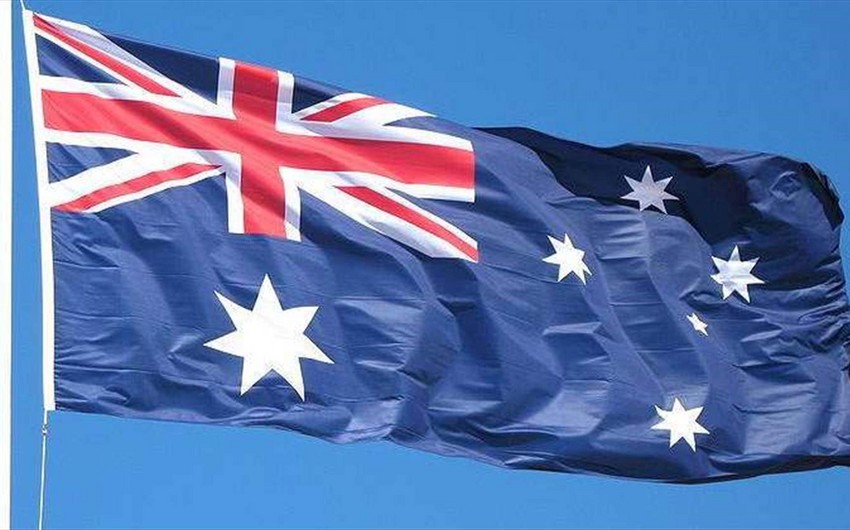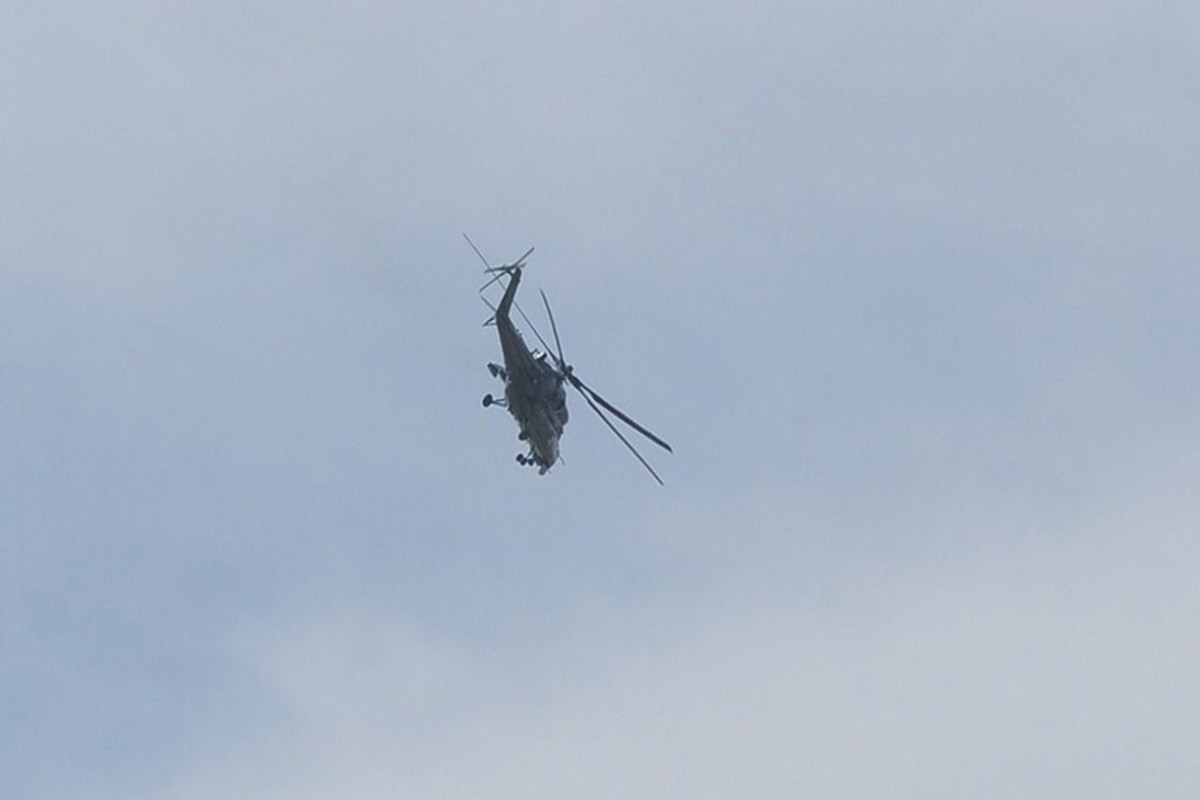Jonathan Fowler is Public Information Officer UN Office for Disaster Risk Reduction Geneva talked with Eurasia Diary on this day.

World Tsunami Awareness day: 'When the sea goes out, it's time to run'.
Eurasia Diary: Please tell me about World Tsunami Awareness Day? From your viewpoint, what is the importance of this day?
Jonathan Fowler: This is actually the first ever World Tsunami Awareness Day. The reason for that is that UN General Assembly in December last year past the resolution saying that from now on every November 5th will be Tsunami Awareness Day. There is a need for Tsunami Awareness Day because tsunamis do not respect international borders. Everybody remembers 2004 Indian Ocean tsunami when dozens countries were affected by this international disaster directly on their territory. That is one reason for international day. Another one is that the tsunami risk is internationally terrible phenomenon; many people forget the fact that historically there has been tsunami based all over the world. One of the deadliest tsunami in the history was in Portugal in the 18th century; around 50000 people died and also affect the South America. People think of Japan in 2011 or Indian Ocean. However, there is actually tsunami risk in Atlantic, Caribbean, and Pacific and even in the Mediterranean. It is important that all countries raise public awareness and have to react on the tsunami risk. That is why there is an international day.
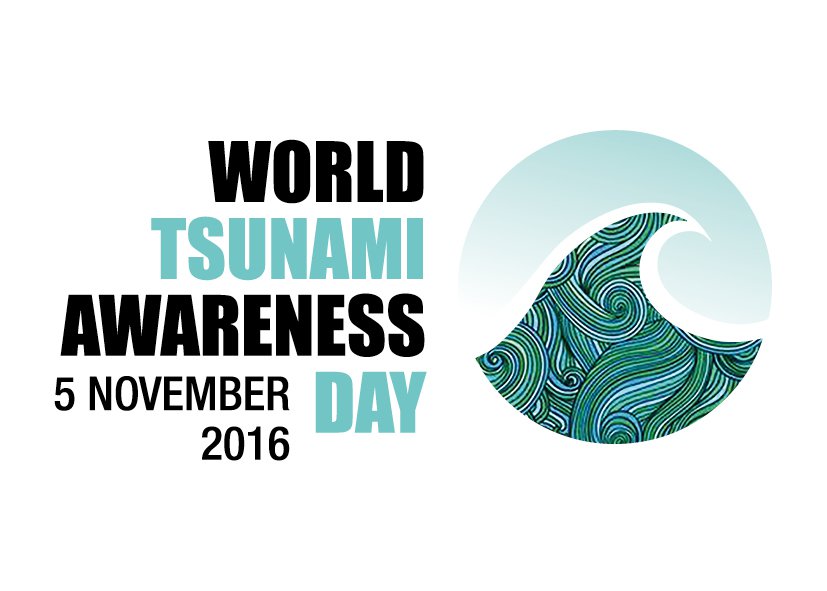
Eurasia Diary: What you can say about the difference of measures against tsunami between developing and developed countries such as Japan and Philippines?
Jonathan Fowler: That is the very good question. There are certain things which are not related on how wealthy the country is. One of these things is the public, ordinary people need to be aware of tsunami risks and know how to react. Then the issue how do you make public immobilized, public understand and public react. For the example of measures, if we look in Japan and Philippines, I more familiar with the situation with Japan, in setting for example the national television have legal obligation to give warnings about tsunami like in Japan and it’s also Australia using . They also use smart phones that are also important. The Philippines has also mobile phone technology to warn people. Three are different measures. It’s not just about economic this is also about how the population is informed. Warning sites for example, that kind of things.
Eurasia Diary: In 2004 when tsunami hit Thailand 235000 people died and in 2011 damage from tsunami that hit Japan estimated 230 billion dollars. Is it means that despite living in the civilized world full of incredible technologies, humanity till now can’t do anything against natural disasters? What you can say about this?
Jonathan Fowler: First thing I can say, there is actually nothing natural about the disaster. It’s common term “natural disaster”. When people use that term they are thinking “oh there is nothing we can do”. In the same way, cyclone or earthquake is a natural phenomenon. It’s not a disaster itself which is natural. If it’s come to disaster then people don’t prepare, don’t aware and don’t know how to react. The things we can actually do against natural phenomenon, we can use technology for warnings, we also ensure that the public is educated, and for example there are signs on beaches in risk zones saying that if the tide goes out fast after earthquake move to high ground, simply messaging basically. What we talk about in the field of disaster risk reduction is the last mile. The last mile is basically the people who are on the front line of happening in terms of risk. An important thing is to ensure that everybody understand the messages. Yes, economic damage can be absolutely massive and it’s very important to ensure that investment is risk aware. For example, if there is a major investment in highly exposed areas we put it on a high ground. There are plenty we can do with technology but also without technology to make people aware.
Eurasia Diary: What is the UN impact in helping countries affected by tsunami?
Jonathan Fowler: We are in the UN office for Disaster Reduction -UNISDR and our role is to make sure that we help countries to share less than they practiced among themselves because there is plenty of staff being done to reduce tsunami in different parts of the world. We will facilitate it to make sure that countries stick to each other and can share their lessons. That is the one thing. All parts of the UN system whether that UNESCO, UNDP and so on are making sure that risk is very much included for example in development programs and the reason for this is that the overall issue by 2030 we supposed to achieve 17 sustainable development goals and if we don’t reduce disaster risk then sustainability of what we achieve in reducing disaster risk is absolutely critical for achieving the aims we will have to. That can involve making sure that if UN is facilitating a development program that is always risk aware. Specifically related to countries affected by tsunami. The thing UN is going to do is risk is reduced before the disaster happen rather than organize massive international aid effort after the disaster happen because it’s much cheaper to invest money before handed in risk reduction than to pay for aftermath. Return on investment, every dollar spent on risk reduction brings a return, saving between 4 and 7 dollars in post disaster relief. It is an economically profitable for international community. So what the UN is doing is currently push that message to governments well than others.

